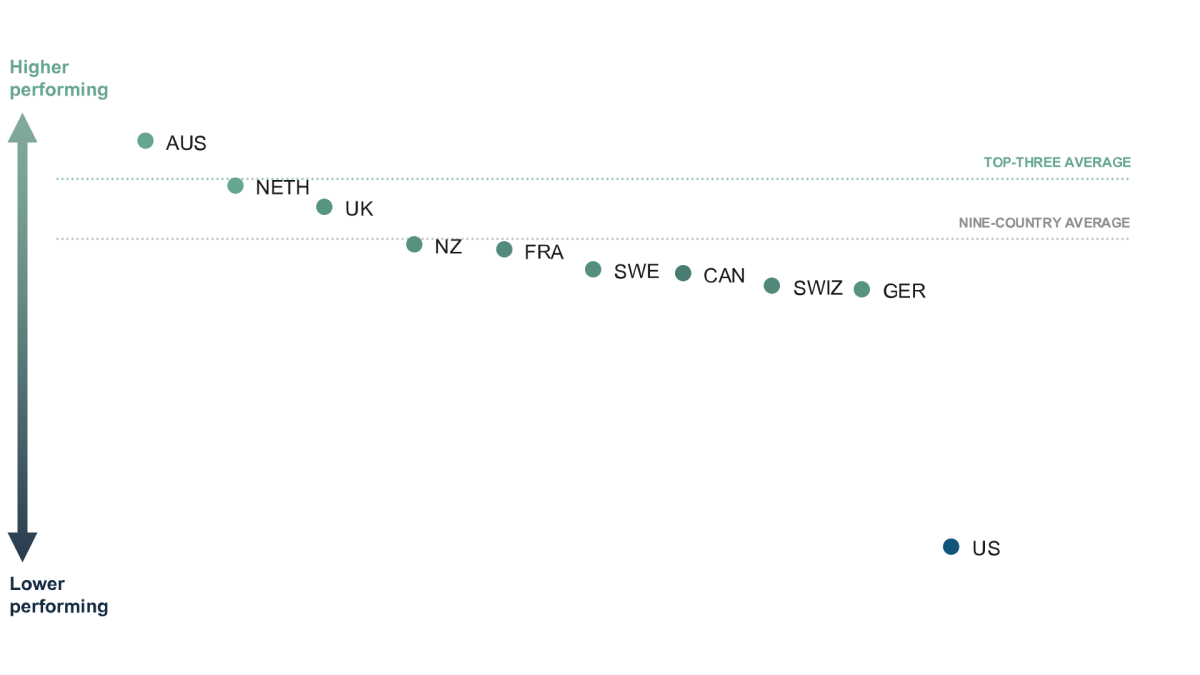For many high school students, the pressure to get perfect grades is something they deal with every day. Whether it’s pressure from parents, teachers, or even themselves, the stress of trying to meet high expectations can affect their mental health, confidence, and personal lives.
Brayden Blanchette, a senior, talked about how the pressure makes him feel about his abilities. “It just makes me really stressed out,” he said. “I feel like I’m always scrambling to stay on top of everything. Like, no matter how much effort I put in. I still wonder if it’s not enough. I start questioning whether I’ve done things the right way or just falling behind.” Blanchette’s experience shows how constantly worrying about grades can make students doubt themselves, even when working tirelessly.
Sophia Cersale, a sophomore, feels the pressure differently. “To get good grades, I find myself cutting corners on assignments or pushing myself when I’m exhausted, where I then struggle to stay awake in class,” she said. Cersale points out that sometimes trying so hard for good grades can lead to physical exhaustion, which makes it even harder to focus in class. This is a common experience for many students who push themselves too hard.
When things don’t go as planned, the emotional effects can be hard. Blanchette explained how he feels when he doesn’t get the grades he was hoping for. “When I don’t get the grades I was hoping for, I just feel defeated,” he said. “It’s like all my effort was for nothing, and I get super frustrated with myself. I just feel like I failed, even though I know one grade doesn’t mean everything. But it still hits hard, and it messes with my confidence.” For Blanchette, not meeting the expectations feels like a personal failure, even if he knows it’s not the end of the world. Many students feel this way when their grades don’t match the effort they put in.
Cersale also talks about how she reacts emotionally when things don’t go well, “When I struggle to get good grades, I notice that I start to give up and begin to lose motivation,” she said. Sophia’s response shows how frustration with grades can lead to a loss of motivation. When students feel stuck or defeated, it can be hard to stay motivated to keep trying.
Trying to balance school stress with personal life is another big challenge. Blanchette shared how he tries to manage his time. “When I struggle to get good grades, I notice that I try to finish schoolwork as quickly as I can so I have time for other stuff,” he said. “I’ll focus on getting the harder stuff done first, so it’s out of the way. But even then, it still feels like I don’t have enough time for myself. Sometimes I end up skipping hanging out with friends or my hobbies just to catch up on work.” Even though Blanchette tries to manage his time, he still feels like schoolwork takes over, leaving him with little time to relax or enjoy his personal life.
Cersale has a different way of dealing with stress. “I try my best not to let any school stress get to me,” she said, “so I do my best to completely ignore it, which sometimes means ignoring deadlines and turning things in late. But I’d rather have that than be stressed about something that won’t matter in five years.” While Sophia tries to ignore the stress, it sometimes leads to falling behind on assignments. She prefers that to over-stressing out about things that she won’t even remember in a few years.
Emily Forman, a senior, explained how the pressure affects her mental health. “The constant pressure just adds more weight, and it’s hard to feel relaxed,” she said. “I’m always stressed about the next test or assignment, and it makes me anxious. It feels like there’s this constant cloud of pressure hanging over me, and it’s draining.” Forman’s words reflect how the pressure of school never really goes away, leaving students feeling anxious and mentally drained.
Blanchette admits that he sometimes doesn’t always know how to deal with all the stress. “Sometimes I feel like nothing really helps with the stress,” he said. “Maybe if there was someone at school who could help me tame assignments or just talk through how to deal with it, that could help. But I’m not really sure what would make it easier.” Blanchette’s struggle shows that many students feel like they don’t have enough support to handle the stress of school, leaving them feeling overwhelmed.
Sierra Nelson, a sophomore, has an idea for how things could be different. “If teachers could be more forgiving when an assignment is a day or two late, it would feel like my work wasn’t piling up as much,” she said. “And there would be so much stress lifted off of me if ‘success’ wasn’t so heavily associated with grades but rather on effort and achievements.”
Forman agrees, saying, “If success isn’t just about the grades, it would really take some of the weight off our shoulders. I think focusing on effort would make me feel like I’m accomplishing something, even if the grades don’t always reflect that.” Forman’s thoughts illustrate that students want their hard work to be recognized, even if the results aren’t perfect.
The pressure to get perfect grades is something many high school students face daily. For students like Blanchette, Cersale, Nelson, and Forman, it can lead to stress, frustration, and anxiety. Changing how we view success, by focusing on effort and progress, rather than just grades, could help students feel less overwhelmed. Overall, students need support, not just from teachers but from the system as a whole to manage their mental health while striving for academic achievement.












